Occult Influence Growing in Culture and Youth
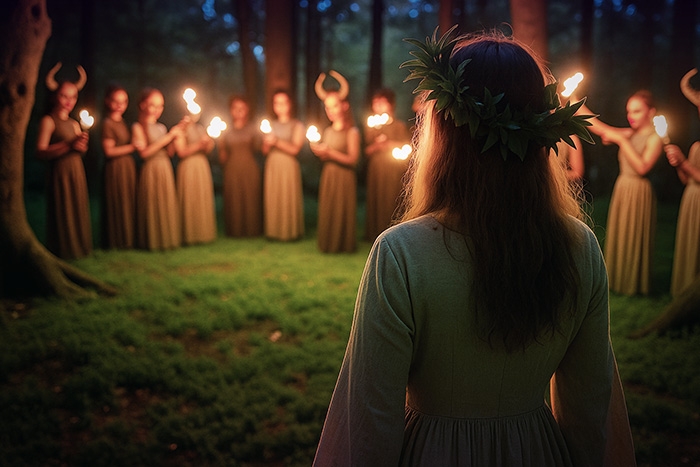
As the face of Hogwarts’ magical world, Emma Watson now openly praises witchcraft in real life. Her millions of followers are paying attention—and embracing the shift.
In an Instagram post, she thanked the “witches in my coven” for helping shape her identity. She even calls them her personal “Avengers” and credits them for inspiring and empowering her. At the BAFTA Awards, she declared, “I’m here for all the witches.”
“Hollywood both reflects our culture and reinforces it,” said youth culture expert Walt Mueller. “It’s impossible to say exactly how one influences the other—but the connection is undeniable.” A young star who grew up playing a witch now finds a spiritual home in witchcraft.
And that’s just the start. Beyond Watson, witchcraft continues to become more prominent in entertainment and culture. Streaming services like Netflix maintain a dedicated “Witchcraft & the Dark Arts” genre. Tarot cards, crystals, and books on astrology are welcomed into homes as nonchalantly as DIY knitting kits.
TikTok has become the occult’s fastest-growing platform by far. Hashtags like #WitchTok have racked up billions of views and feature influencers casting spells, reading tarot cards, and selling sorcery as self-care.
Jenny Weaver, a former witch turned Christian leader, states, “Media has done a good job of pushing [witchcraft] to the point where it’s now normalized. We have shows as early as day care age promoting witchcraft and sorcery.” She warns that these platforms subtly introduce occult practices to a wide audience, including churchgoers unaware of the spiritual dangers.
In the music world, Taylor Swift, Ariana Grande, and Lana Del Rey aren't just topping charts—they're weaving witchy themes into their music, style, and public personas. The result? A glamorized version of the occult that’s especially appealing to young, impressionable fans.
Speaking on astrology and tarot cards, Grande says its “kind of a tool to help us hear what we need to hear sometimes, and kind of look forward with hope and awareness.”
Former medium-turned Christian, Jenn Nizza warns that celebrities make these practices look empowering—but they lead people away from truth and toward spiritual danger. “The enemy only needs a foothold,” she stated on her podcast, Ex Psychic Saved. “You give him that and he opens the door to oppression, confusion, and destruction.”
On that same podcast, Nizza featured Ashley, a former lucid dreamer who now warns about the dangers of occultic practices. Ashley shared how what began as a trauma coping mechanism spiraled into full-blown spiritual entanglement. Eventually, the practice of mind control and reality bending led her to astral projection, divination, and even praying to idols.
“Lucid dreaming becomes your idol, your therapy, your secret little world, and that removes the need for real healing through Christ. I never wanted to wake up.” She cautioned that what many perceive as harmless psychological exploration can quickly become a “slippery slope” into spiritual danger.
It wasn’t until she cried out to Jesus that she experienced true freedom and healing from past trauma. “Now, I give my dreams to the Lord,” she said. “He’s sovereign even over the night.”
As paganism rises—expected to triple in the U.S. by 2050—families must stay alert. What mainstream media peddles to children and young adults as entertainment or self-care is actually barely disguised neo-paganism and witchcraft.
Now more than ever, Christian parents, pastors, and youth leaders must guide the next generation with biblical clarity and spiritual courage. There is no better way to do that than to stay in the word of God and read it daily together. Expose the children and youth you know to gospel tracts and spread the gospel as far and wide as you can.
Many parents even keep a variety of Chick tracts and comic books in their homes, so their kids grow up on spiritual truth. Providing biblical reading material works as a great insulator against the creeping influence of the occult.
- See more articles on related topics:
- Occult
- Other Subjects
Products of interest:
-
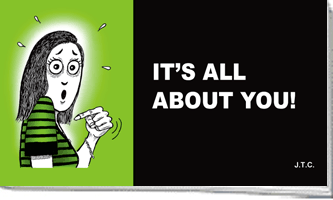
It's All About You!
Two "someones" are watching you. And one has it in for you. Now, you have a decision to make. -

Broken Cross, The
32-PAGE, FULL COLOR COMIC BOOK - When Jody gets more than she bargained for in the occult, she learns that Jesus loves her and is the only One who can help her.
-
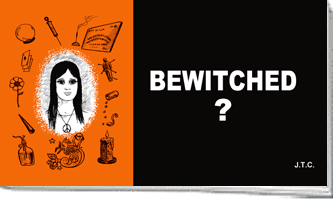
Bewitched?
Time was running out for Ashley. Drugs would soon kill her. But a praying grandmother made the difference. -
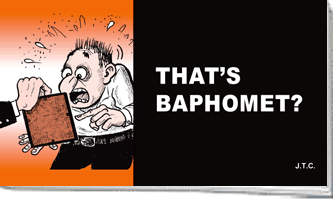
That's Baphomet?
Masonry almost destroyed his family. Repentance saved his son. -
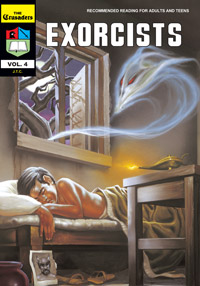
Exorcists
32-PAGE, FULL COLOR COMIC BOOK - An Indian boy pays a high price for his fascination with the occult. But the Crusaders cast out a demon, and lead the boy and his family to Jesus.
-
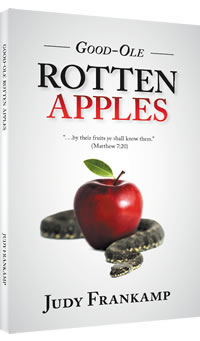
Good Ole Rotten Apples
160 pages
Rotten apples that are spoiling the church today. It takes just one! -
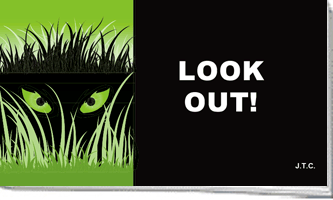
Look Out!
Look out! Someone is plotting against you. Will he get you in the end? -

Unloved
Rejected by his family, unemployed and with no one to turn to, Jimmy was ready for suicide. But then he met the One who truly loves him.
